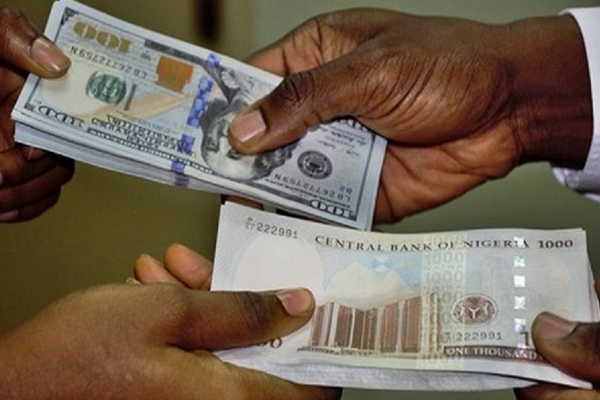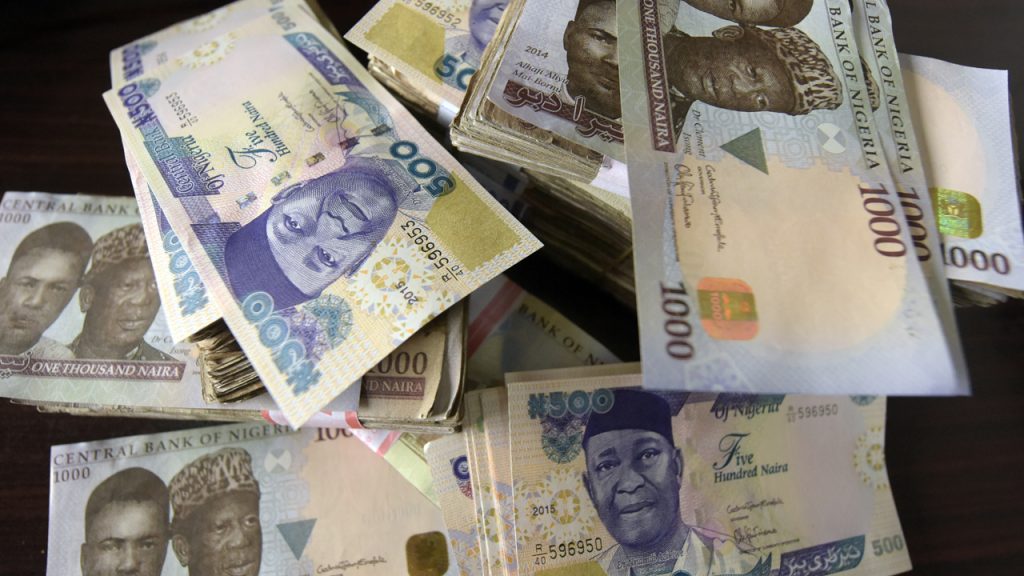The Bauchi State Government has released ₦300 million to the Child Nutrition Fund managed by UNICEF, as part of renewed efforts to tackle malnutrition among children in the state.
The Chief of UNICEF’s Bauchi Field Office, Nuzhat Rafique, disclosed this on Wednesday during an interaction with journalists, noting that UNICEF will provide a matching grant of ₦300 million, bringing the total intervention fund to ₦600 million.
She explained that the fund release followed the recent visit of the new UNICEF Country Representative, Wafaa Saeed, to Governor Bala Mohammed, where nutrition interventions topped discussions.
“We are grateful to His Excellency, the Governor of Bauchi State, for releasing the promised ₦300m to UNICEF. This is a great milestone in our advocacy efforts. UNICEF will match the same amount, which will significantly help in tackling malnutrition in the state,” Rafique said.
According to her, the Association of Local Governments of Nigeria (ALGON) in Bauchi also contributed ₦100 million to the fund. The intervention will support the procurement of nutrition supplies and ready-to-use therapeutic food to save malnourished children.
Rafique added that Governor Mohammed has pledged to increase the state’s contribution to ₦1 billion next year, which UNICEF has also committed to match.
While commending the progress, she stressed the need for long-term strategies such as behavioural change campaigns, maternal care improvements, and local food solutions to prevent malnutrition.
“No child should suffer malnutrition. It affects physical growth, cognitive development, and overall well-being. Prevention is better than treatment. We must work with traditional leaders, LGAs, religious leaders, and communities to change the narrative,” she said.
UNICEF’s April 2025 report revealed that 8.8 million Nigerians need nutritional assistance, including 4.9 million children, with northern states bearing the heaviest burden. The organisation also warns that persistent insecurity, high food inflation, weak healthcare systems, and donor funding cuts threaten progress.
Nigeria currently ranks as the second-highest country for child stunting globally, with 32% of children affected, according to UNICEF.




